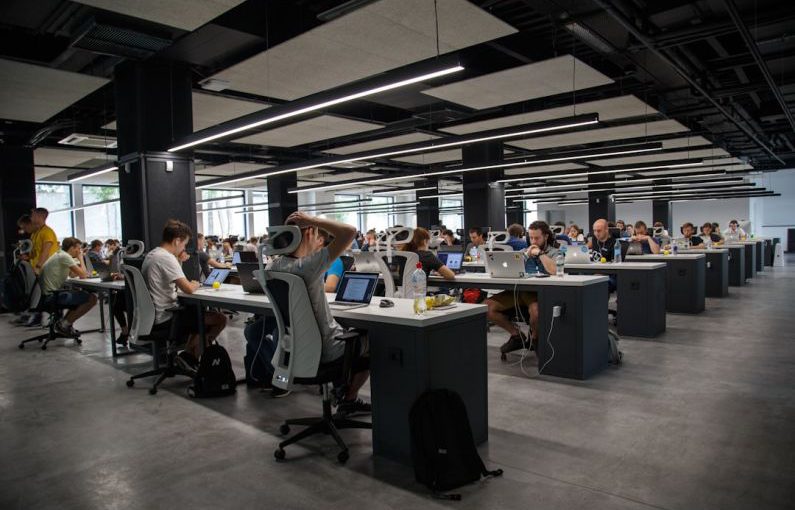In today’s rapidly evolving job market, the need for a highly skilled and adaptable workforce is more crucial than ever. As industries continue to advance and technology reshapes the way we work, educational institutions and businesses are recognizing the importance of forming strong partnerships to bridge the gap between education and workforce development. These collaborations not only benefit individuals seeking to enter or advance in the workforce but also contribute to the overall economic growth and competitiveness of a region.
Strengthening the Connection between Education and Employment
The traditional model of education, where students acquire knowledge in a classroom setting without direct industry exposure, is no longer sufficient to meet the demands of the modern workforce. Educational partnerships provide a practical solution to this disconnect by creating pathways for students to gain real-world experience, develop industry-specific skills, and make valuable connections within their chosen field. By aligning educational curricula with the needs of employers, students are better prepared to enter the workforce with the skills and knowledge required to succeed.
Industry-Driven Curriculum Development
One of the key benefits of educational partnerships for workforce development is the opportunity to develop industry-driven curricula that are relevant and up-to-date. By working closely with businesses and industry leaders, educational institutions can gain insights into the current and future needs of the workforce, allowing them to tailor their programs to meet these demands. This collaboration ensures that students are equipped with the skills and knowledge that are directly applicable to the job market, increasing their employability and reducing the skills gap that often exists between education and employment.
Experiential Learning Opportunities
Another crucial aspect of educational partnerships is the emphasis on experiential learning opportunities that provide students with hands-on experience in a real work environment. Internships, apprenticeships, and cooperative education programs allow students to apply theoretical knowledge to practical situations, gaining valuable insights into the day-to-day operations of a particular industry. These experiences not only enhance students’ understanding of their chosen field but also help them develop essential soft skills such as communication, teamwork, and problem-solving, which are highly valued by employers.
Enhancing Career Readiness and Employability
Educational partnerships play a vital role in enhancing students’ career readiness and employability by providing them with the necessary skills and experiences to succeed in the workforce. Through industry collaborations, students can access mentorship opportunities, networking events, and job placement services that facilitate their transition from education to employment. By engaging with industry professionals and gaining exposure to different career paths, students can make informed decisions about their future and acquire the tools they need to pursue their professional goals.
Fostering Innovation and Economic Growth
Collaborations between educational institutions and businesses not only benefit individual students but also contribute to the overall innovation and economic growth of a region. By fostering a culture of collaboration and knowledge sharing, these partnerships create opportunities for research and development, technology transfer, and entrepreneurship. By leveraging the expertise of both academia and industry, innovative solutions can be developed to address the challenges facing various sectors, driving economic prosperity and competitiveness.
Building Sustainable Partnerships for the Future
As the landscape of work continues to evolve, the need for strong educational partnerships for workforce development will only grow in importance. By building sustainable collaborations that prioritize the needs of students, businesses, and the community, we can ensure that the workforce of tomorrow is equipped with the skills and knowledge needed to thrive in a dynamic and ever-changing environment. Together, through innovative and strategic partnerships, we can create a more resilient and adaptable workforce that drives economic growth and prosperity for all.





